InfoQ Homepage Interviews
-
Rebecca Parsons on Microservices: Challenges, Benefits and Service Design
Rebecca Parsons, Thoughtworks CTO, on microservices: prerequisites, challenges and benefits. Also insights on designing services for scalability, handling failure and eventual consistency.
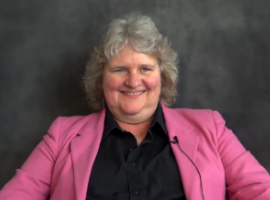
-
Aino Corry on Agile Retrospectives
Aino Corry talks about overcoming barriers in retrospectives, facilitating effective retrospectives, techniques for doing retrospectives and the vital skills that retrospective facilitators need.

-
Jessica Frazelle on Working at Docker
Jessica Frazelle tells InfoQ what it's like to work at Docker open source, what are some of the goals for Docker Inc in the near future and the rational between Docker's clustering solution (Swarm).
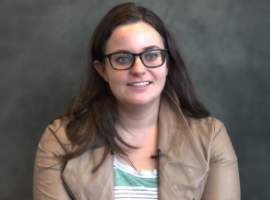
-
Luke Marsden on ZFS and the Docker Ecosystem
ClusterHQ founder Luke Marsden talks about ZFS, and why it's taken so long to become production ready on Linux. He then discussed how he's bringing ZFS based tools to the Docker ecosystem, and building a tech startup in the South West of England.

-
Spring Framework - Today, Past and Future
Spring may not be in the air just yet but Juergen Hoeller, co-founder of the Spring Framework and project lead and release manager talks to InfoQ about how Spring has managed to stay relevant with developers by adapting to the changes in the underlying infrastructure such as Cloud, Big Data, NoSQL and so on. He talks about the Spring ecosystem and about the future of Spring including Spring 5.0.
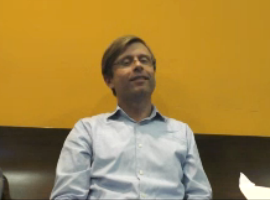
-
Mathias Brandewinder on F# for Data Science
Mathias Brandewinder explains why F# is well suited for data science: the REPL, type providers for seamless data access, functional programming concepts and much more.

-
Mike Long on Building Software for the Long Term
Mike Long explains how to build software for the long term, software maintenance, how some software survives. Also a thought experiment - how would you build software that lasts for 10,000 years?

-
Yan Cui on Graph Databases for Modeling Game Economies, Actors and DSLs with F#
Yan Cui talks about the advantages of using F# to build DSLs and using the actor model. Also: why and how to use graph databases to model (game) economies.
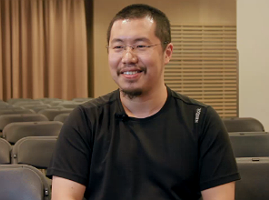
-
Natalia Chechina on Scaling Distributed Erlang with SD Erlang
Natalia Chechina explains the challenges of scaling distributed Erlang beyond a certain number of systems and how SD Erlang helps to overcome those problems.
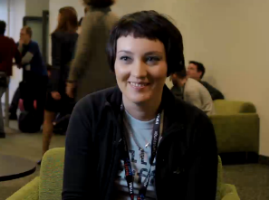
-
Barbara Fusinska on Building Offline Mobile Applications
Barbara Fusinska explains the challenges of building offline mobile applications: synchronisation, API design, data modeling, and much more.

-
Dianne Marsh on Language and Frameworks Used at Netflix, the Manager's Role, and Diversity in IT
Dianne Marsh talks to Charles Humble about hiring an engineer at Netflix, organising an engineering team around speed of execution, the languages and frameworks Netflix uses, and diversity in IT.
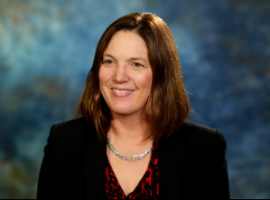
-
Jon McKay on Building Tessel Boards and What We Can Expect From Tessel Soon
The Internet of Things is right around the corner and it's very much about connected devices, sensors and gathering and leveraging data. The Tessel Board is programmable in JavaScript and makes it extremely easy to try out programming connected devices, send sensor data to the cloud or even control your elevator with a text message. And there's more to expect in the future, Jon tells us.
